How to Support a Healthy Gut in Babies

Research over the past decade has found that infants’ gut microbiomes can shape their immune-related health as well as their lifelong risk for asthma, allergies, autoimmune disease, and obesity. You can help support a healthy microbiome or “healthy gut” by:
Eating a fiber-rich diet while pregnant and nursing
A fiber-rich diet increases the diversity of the “flora” in gut and shifts the suite of species to those found in a traditional hunter – gather society. The “gut bugs” produce acetate and butyrate as a byproduct of their metabolism. These two compounds help maintain the gut barrier and may lower the risk of autoimmune disease.
By increasing your fiber intake while pregnant and nursing, you can pass the healthy, fiber-loving gut bugs to your baby during delivery and through your breast milk.
Wait on the first bath after delivery
Waiting at least 24 hours to bath your baby. This allows for early bacterial colonization from mom’s bacteria and decrease the risk of low blood sugar in newborns.
Supplement your baby’s diet with a probiotic like CalmCo Probiotic
Supplementing your infants’ diet with probiotics help aid in the health of your baby’s microbiome. A daily probiotic, like CalmCo Probiotic, can help to rebalance your baby’s delicate digestive system. Research has also shown that probiotics can also reduce infant colic.
Avoid any unnecessary antibiotics
Antibiotics are lifesaving when you need them, but often they are given for mild illness that can resolve on their own and for viral illness, like the common cold, which they are completely ineffective. The downside to antibiotics is the hit our gut bacteria can take, especially with little ones.
If you do have to administer antibiotics, we recommend supplementing your infant’s diet with the CalmCo Probiotic Drops. These daily drops have 1.5 Billion CFU per serving and have 5 live-active strains.
Have a furry family pet
When it comes to preventing allergic disease, a pet may just be your baby’s best friend. Research shows that children raised in homes with furry pets have fewer ear infections, colds and need fewer courses of antibiotics during their first year of life. In short, a furry friend benefits your baby’s microbiome.
Encourage fermented foods in your child’s diet
Offering your little one a variety of foods helps to broaden their palate and helps to increase the ability to get lots of nutrients in them. Adding in fermented foods helps to aid in digestion, support immunity and increase the nutritional content of the foods consumed. An easy fermented food to introduce to your baby is cheese, yogurt, milk, and fermented vegetables (like a carrot stick).
Share this post
About the Author

Meet Anna Chase, Colic Calm's dynamic and thoughtful Director of Marketing. Anna has a passion for health, especially when it comes to helping Moms and little ones. When she isn't leading the communications for Colic Calm, Anna enjoys spending time with her family, laughing a lot and soaking up the sunshine in Florida.
Related Posts
Should I Give My Child Probiotics?
The Scoop on Your Baby's Poop
The Benefits of a Daily Probiotic for Children
Which CalmCo Products are Right for Your Baby?
Topics
- Probiotics
- Baby Hiccups
- Infant Formula
- Infant Feeding
- Immunity
- COVID-19
- Breastfeeding
- Baby Shower
- Colic
- Infant Sleeping
- Tips for Moms
- Labor and Delivery
- Baby Gas
- Gas and Reflux
- 0-6 Month Gifts
- Self Care
- Clinical Study
- Development
- Birthday
- Hydration
- Activities
- Products
- Recipes
- Gas
- Holiday
- Tips for Dad
- Baby Feeding
- Bathing Baby
Tags
 Canada
Canada South Africa
South Africa UK
UK EU & Int
EU & Int Ireland
Ireland Australia
Australia Brazil
Brazil New Zealand
New Zealand


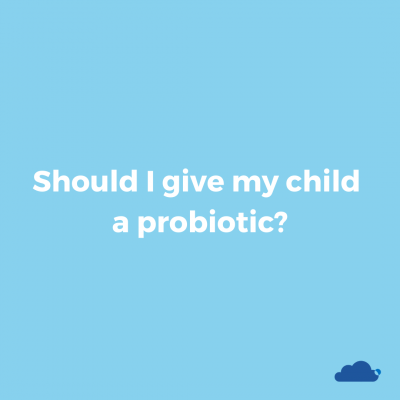
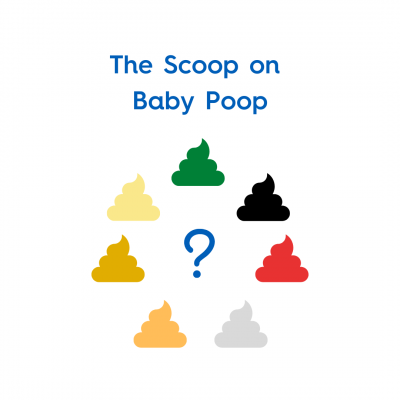

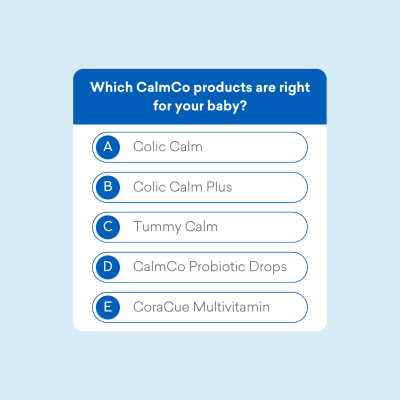
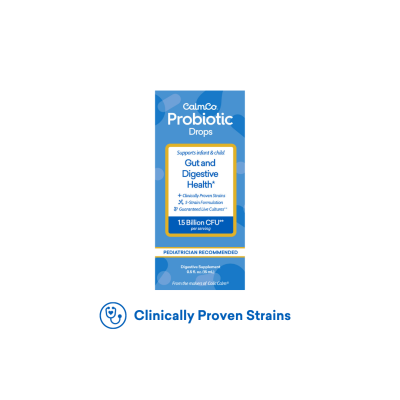


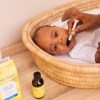
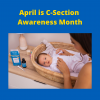
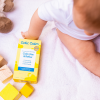



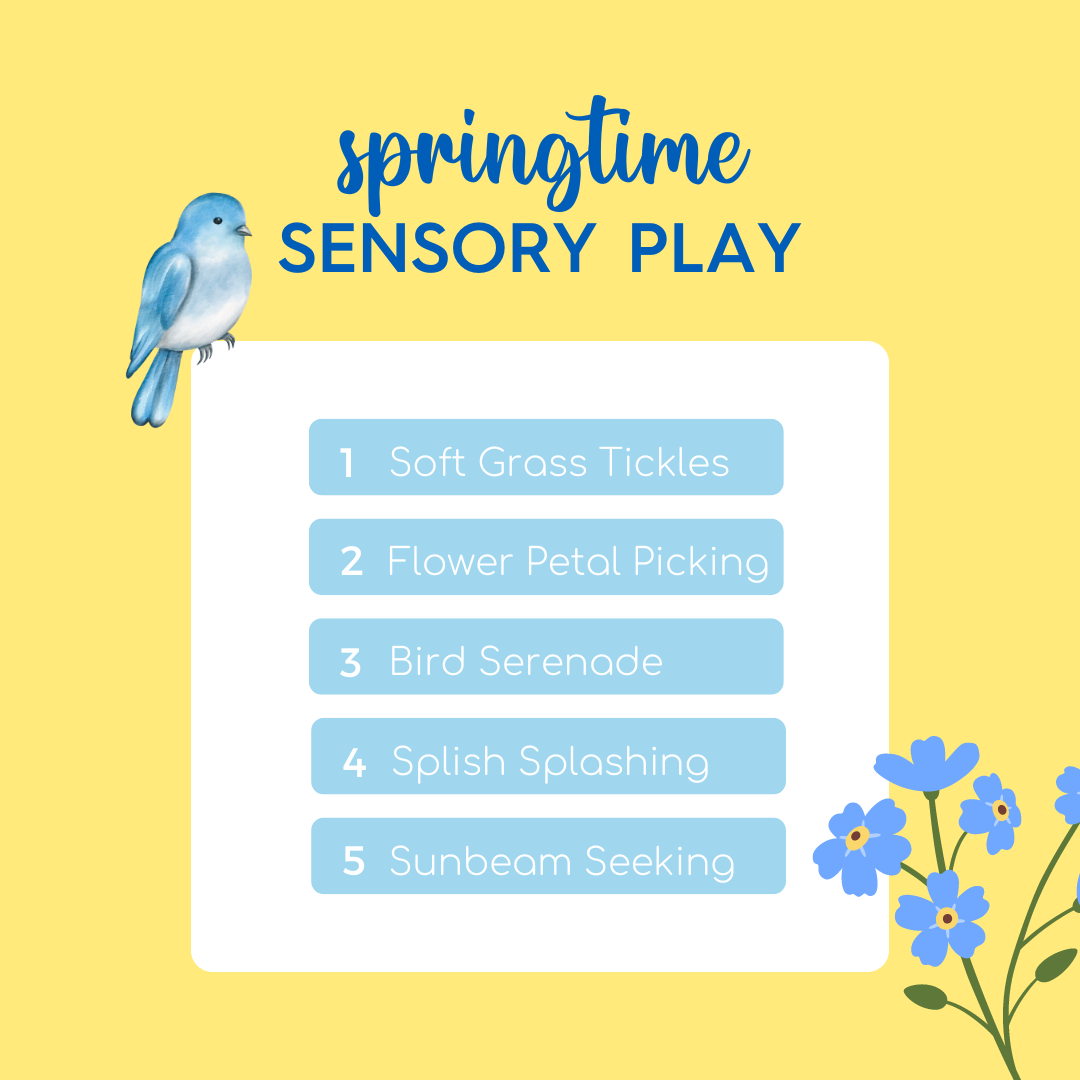

Comments